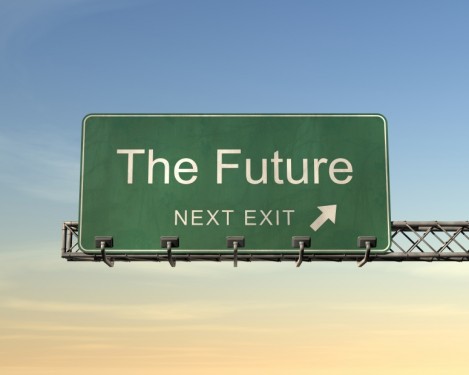Facebook and other social networks have focused on mapping and documenting our existing relationships. The company’s preoccupation with the past is highlighted by its new Timeline feature. At the same time, however, Twitter and Foursquare emphasize what is happening right now.
The past and present of our lives are already established online — therefore, the next frontier in social networking is the future. “Future tense” social networking asks: Where do you want to go? Who do you want to meet? What do you want to buy? By sharing your plans, desires and aspirations, you enable real-world interactions. For example, when you push a checkin to the future, you shift the paradigm from “I’m here now” to “I’ll be there later.” You increase the likelihood of connection.
Likewise, “future tense” social networking has the potential to transform location-based marketing because users are directly expressing their intent. For example, imagine that a user broadcasts her plans to grab pizza at Home Slice. A competing pizza place could then offer a deal in an attempt to swipe Home Slice’s checkin. Then, Home Slice could upsell by offering the customer half-off a second pie. So it goes.
Marketing has always been about understanding a potential customer’s intent. When you understand intent, you can serve a more relevant ad at a time when that person is most likely to take action.
Understanding intent is just as beneficial for consumers as it is for businesses. Consider the travel industry: When a customer buys a plane ticket from Expedia, his intent is clearly to travel to a specific city on a specific day. Consequently, Expedia can present great hotel and rental car deals for that destination — and the payoff is big. According to Expedia’s 2011 third quarter report, only 9% of its worldwide revenue comes from booking airline tickets — the remaining comes from booking hotels, car rentals and other travel-related services.
The shift from present tense to future tense might seem trivial, but it will generate a huge shift. “Future tense” social networking catches people at a unique moment in the buying cycle. The consumer hasn’t entirely made up her mind about where to go or what she plans to buy, which means businesses can take an active role in the decision-making process. After all, you can’t change the past or the present, but you can change the future.

Leave a Reply
You must be logged in to post a comment.